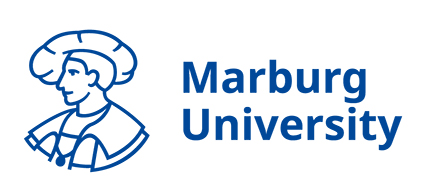Main Content
Complete Synthesis of Chloroplast Genomes
Tobias Erb, Daniel Schindler, Axel Arturo Navarrete Martinez
Research question
Is the chloroplast genome optimally organized, or are parts redundant? Can the chloroplast genome be replaced by chemically synthesized genome variants?
Background
New developments in DNA synthesis technology enable the complete synthesis of large genome segments, including the de novo synthesis of entire chloroplast genomes. This now enables more radical genetic manipulations such as the introduction of complex gene circuits (A3) and the possibility of testing the role of genome structure on chloroplast physiology (B1, B2). The goal is the synthesis of complementary chloroplast genomes and the establishment of strategies for the insertion of genome segments or entire chromosomes (among other things, novel CRISPR/Cas systems or lethal tRNAs are being developed to generate homoplasmy). DNA synthesis and the assembly of synthetic chromosomes in yeast are already established. The challenges lie in the design of synthetic chloroplast genomes and the transplantation of synthetic genomes.


